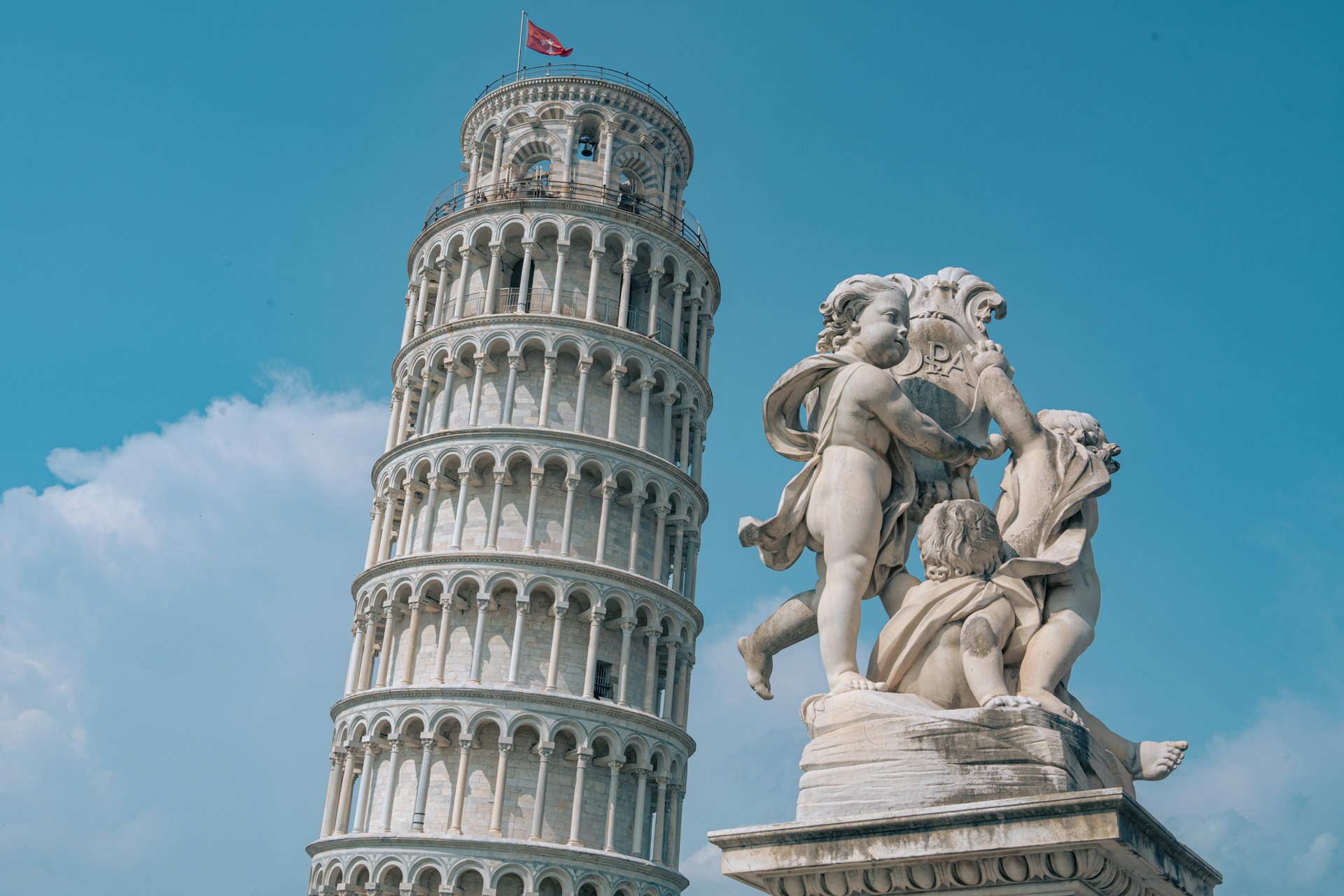Here’s a look at some of the unique cultures and traditions found across Europe:
1. Western Europe
- France: Known for its art, fashion, and cuisine, France celebrates traditions like Bastille Day and the Fête de la Musique. The French café culture is an integral part of daily life.
- Germany: Germany is famous for its Oktoberfest, a celebration of beer and Bavarian culture. Traditional foods like sausages and pretzels are staples, and the country has a rich history of music and literature.
2. Southern Europe
- Italy: Italian culture is characterized by its art, architecture, and culinary traditions. Festivals like Carnevale and regional food specialties, such as pasta and pizza, reflect the country’s rich heritage.
- Spain: Spain is known for its vibrant festivals, such as La Tomatina and Semana Santa. Flamenco music and dance, along with tapas culture, are integral to Spanish identity.
3. Northern Europe
- Scandinavia (Sweden, Norway, Denmark): The Nordic countries share traditions like Midsummer celebrations and the concept of "hygge" in Denmark, which emphasizes coziness and togetherness. The region is also known for its design, literature, and outdoor lifestyle.
- Finland: Finnish culture includes unique traditions like sauna rituals and the celebration of Juhannus (Midsummer). The country is also known for its design and architecture, particularly in Helsinki.
4. Eastern Europe
- Poland: Poland has a rich cultural heritage, with traditions like Wigilia (Christmas Eve dinner) and various folk festivals. The country is known for its music, particularly classical composers like Chopin.
- Hungary: Hungarian culture is marked by its folk music, dance, and cuisine, including dishes like goulash. The country celebrates unique festivals, such as the Busójárás, which marks the end of winter.
5. The British Isles
- United Kingdom: The UK is known for its diverse cultural traditions, from the changing of the guard at Buckingham Palace to traditional afternoon tea. Each region has its own customs, such as Scottish Highland games and Welsh Eisteddfod.
- Ireland: Irish culture is rich in music, dance, and storytelling. Traditions like St. Patrick’s Day and the celebration of Gaelic heritage are significant, along with the importance of pubs as social hubs.
6. The Mediterranean
- Greece: Greek culture is steeped in history, with traditions like the celebration of Easter and the importance of family gatherings. Greek cuisine, with its emphasis on fresh ingredients and communal dining, is central to social life.
- Malta: Malta’s culture is influenced by its history and geography, with unique traditions like the feast of St. Paul and the celebration of Carnival. The island’s architecture reflects a blend of Mediterranean influences.
7. Cultural Festivals and Events
- Carnival: Celebrated in various forms across Europe, from Venice’s elaborate masks to the colorful parades in Nice and Cologne.
- Christmas Markets: Many European cities, such as Vienna, Prague, and Munich, host festive markets during the holiday season, showcasing local crafts, food, and traditions.
8. Languages and Dialects
- Europe is home to a multitude of languages, including major ones like English, French, German, Spanish, and Italian, as well as numerous regional languages and dialects, reflecting the continent's cultural diversity.
Conclusion
The diversity of Europe is one of its greatest strengths, offering a rich tapestry of cultures and traditions that continue to evolve. From the arts and cuisine to festivals and everyday customs, each region contributes to the continent's unique identity. Exploring these cultures provides a deeper understanding of Europe’s history and the connections that bind its people together.










